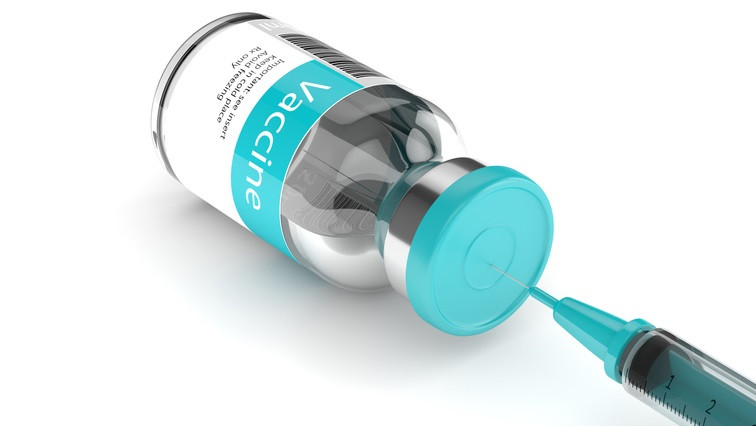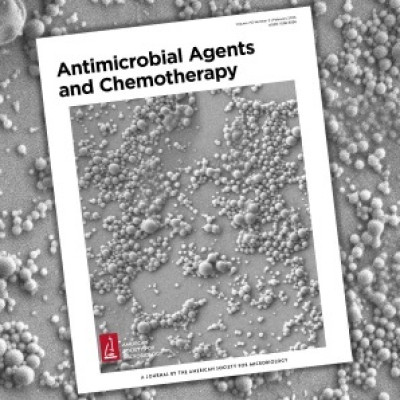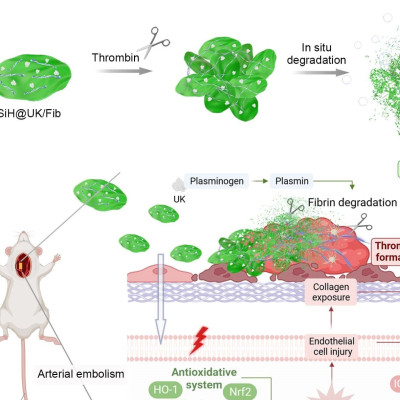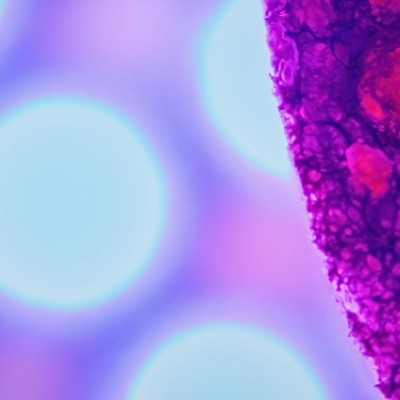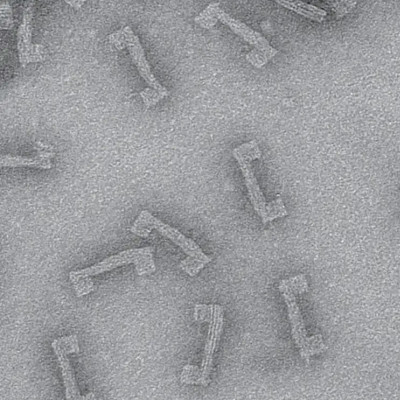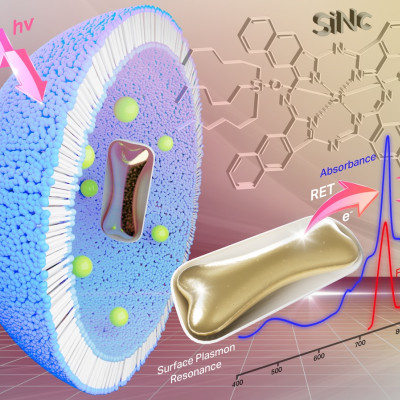Arcturus Therapeutics Ltd., a leading messenger RNA medicines company, and Duke-NUS Medical School (Duke-NUS), a research intensive, graduate entry medical school, announced their partnership to develop a Coronavirus (COVID-19) vaccine for Singapore. The development of a COVID-19 vaccine will be based on the Company’s STARR™ Technology and will take advantage of a unique platform developed at Duke-NUS allowing rapid screening of vaccines for effectiveness and safety.
The STARR™ Technology platform combines self-replicating RNA with LUNAR®, a leading nanoparticle non-viral delivery system, to produce proteins inside the human body. Due to superior immune response and sustained protein expression, Arcturus’ STARR™ Technology is expected to produce a vaccine response at much lower doses compared to traditional mRNA vaccines. This could lead to the ability to treat many more people with a single GMP-manufactured production batch, thereby greatly increasing efficiency and reducing time required to produce sufficient quantities of vaccine for large populations.
“We have observed STARR™ Technology in pre-clinical models to be effective at extraordinarily low doses -- greater than 30-fold more efficient than traditional mRNA. The Arcturus manufacturing process has been applied in multiple large GMP batches of highly pure RNA in our LUNAR-OTC program. If successful, Arcturus could develop a vaccine capable of vaccinating millions of people for a fraction of the cost of traditional mRNA vaccines,” said Joseph Payne, President & CEO of Arcturus Therapeutics.
“Duke-NUS has been on the front lines in the fight against COVID-19, developing the first serological tests for COVID-19 and was among the first groups to isolate and culture the virus. The partnership with Arcturus Therapeutics combines complementary strengths as we work together to fight this global outbreak,” said Professor Thomas M. Coffman, Dean of Duke-NUS Medical School.
COVID-19 belongs to a family of coronaviruses that can cause serious respiratory disease. Arcturus plans to apply its STARR™ Technology toward the development of a vaccine to protect against COVID-19. The self-replicating RNA-based therapeutic vaccine triggers rapid and prolonged antigen expression within host cells resulting in protective immunity against infectious pathogens.
“There is a tremendous urgency to develop an effective prevention for the current Coronavirus crisis. The Duke-NUS and Arcturus partnership could expedite a solution to this urgent need as we utilize STARR™ Technology to bring a vaccine candidate for clinical testing in the shortest time possible,” said Professor Ooi Eng Eong, Deputy Director of the Emerging Infectious Diseases programme at Duke-NUS.
About STARR™ Technology
The STARR™ Technology platform combines self-replicating RNA with LUNAR®, a leading nanoparticle delivery system, into a single solution to produce proteins inside the human body. The versatility of the STARR™ Technology affords its ability upon delivery into the cell to generate a protective immune response or drive therapeutic protein expression to potentially prevent against or treat a variety of diseases. The self-replicating RNA-based therapeutic vaccine triggers rapid and prolonged antigen expression within host cells resulting in protective immunity against infectious pathogens. This combination of the LUNAR® and STARR™ technology is expected to provide lower dose requirements due to superior immune response, sustained protein expression compared to non-self-replicating RNA-based vaccines and potentially enable us to produce vaccines more quickly and simply.
Read the original article on GlobeNewswire.

